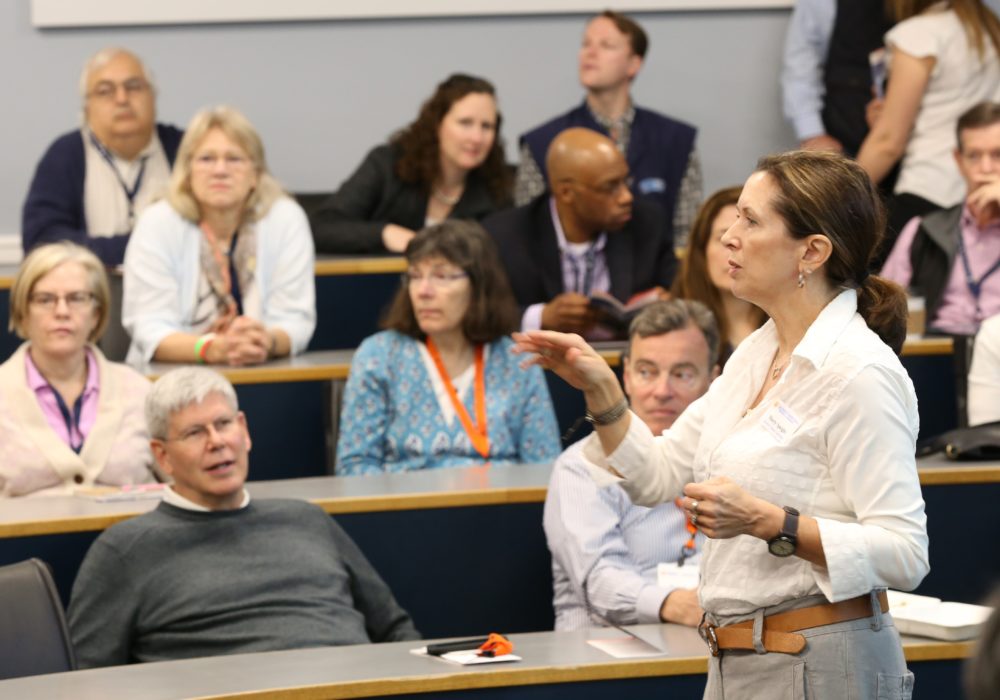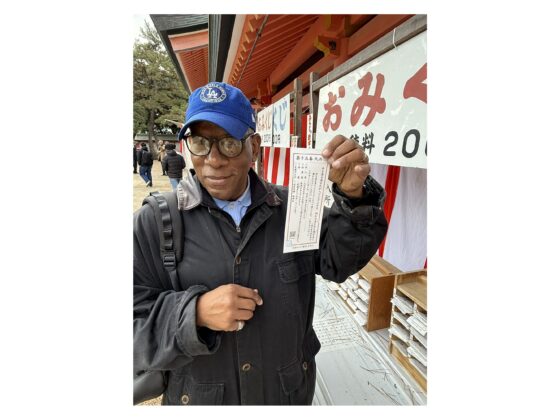It was a beautiful reunion Saturday in April as Alumni Career Services gathered with 65 Darden School alumni and their guests to explore the topic of careers in retirement. Since the late 1990s, ACS has supported Darden alumni in various career transitions. Increasingly, we are approached by alumni who want guidance when making late-stage shifts to the so-called “second act” or “encore career.”
If you’re unfamiliar with these terms, take note, as working in the second half of life is becoming more commonplace. An encore career generally refers to work that satisfies some greater purpose or social impact mission (paid or unpaid). A second act signifies paid work taking someone in a new professional direction.
Drawing on the insights from a 2014 retirement work study1 and other useful resources, we presented key concepts for understanding and planning a retirement career move. It begins with understanding the four typical stages: Pre-Retirement, the time to assess and design; Pause, the time to relax, re-charge and re-tool; Re-engagement, a return to work — ideally work that is fun, fulfilling and can be balanced with rest and relaxation activities; and Leisure, when one chooses to permanently stop working. Our ACS website goes into more detail about the average length of these stages as well as the key points to reflect upon as you evolve through these phases.
Our reunion workshop was an ideal chance to introduce how ACS can help alumni anticipating retirement. Most of our workshop attendees had graduated in ’78, ‘83, ’88 and ’93, so they spanned from early fifties to late sixties in age. We asked the participants to view their own careers as the case study and reflect on where they are now and how they are approaching the transitions.
As you’d expect from any group of Darden alumni, the discussion was lively and engaging. Most of the room identified with the pre-retirement stage. However, a few had made specific plans for a working retirement. Several alums admitted to being in the pause phase: They had exited full-time work and were thinking about returning to some kind of encore or second act. One alumnus shared his experience of being bumped out into retirement through a surprise corporate exit. He acknowledged how difficult it was initially to accept this forced pause, but now he’s eight years into the intermission and grateful for having had the time and space to figure out what’s next.
An engineer in the group said he balked at the notion of a pause — the idea of stopping then restarting didn’t fit with his ideal design. He wanted a continuous line of activity out of his primary career and into a second act. But others taking the pause stressed that it is not strictly downtime nor idleness. Rather, it is a busy time of exploration, which needs deeper self-awareness and understanding. Another alumnus said taking a break had been essential for clearing his mind and achieving a reset, which allowed for the discovery of a new venture.
We began to look at how to approach this process of discovery in a systematic and successful way. In the logic of any career puzzle, there are three key modes of inquiry:
- WHAT do I want to do?
- WHY do I want it?
- HOW will I get it?
Figuring out the specific “What?” aspect of an encore career requires careful introspection and evaluation, gathering insights from one’s own instincts, desires and wishes while also assessing skills, strengths and potential roles.
Motivations get to the heart of the “Why?” question. Being motivated means having the drive and persistence to get over hurdles. One person may be very motivated by a social-responsibility mission, while another may be driven toward mentoring through teaching or coaching, while another may simply want to affiliate with a group that shares her interests and values. Each person must examine his or her motives carefully in order to understand the drive toward a particular kind of work.
Helping alumni make confident career transitions is the mission of ACS, even into retirement. We’re pleased to now offer encore career coaching. We’ll make personal recommendations for the best resources to aid your encore career exploration, plus we offer an exercise for exploring your unique motivators as well as a framework for planning the “How to?” tactics needed to make a successful shift, no matter what phase you’re in.
Please consult our ACS website for more info or to request one-on-one career coaching.
(1) see “Work In Retirement: Myths & Motivations” a 2014 report by Merrill Lynch and Age Wave





